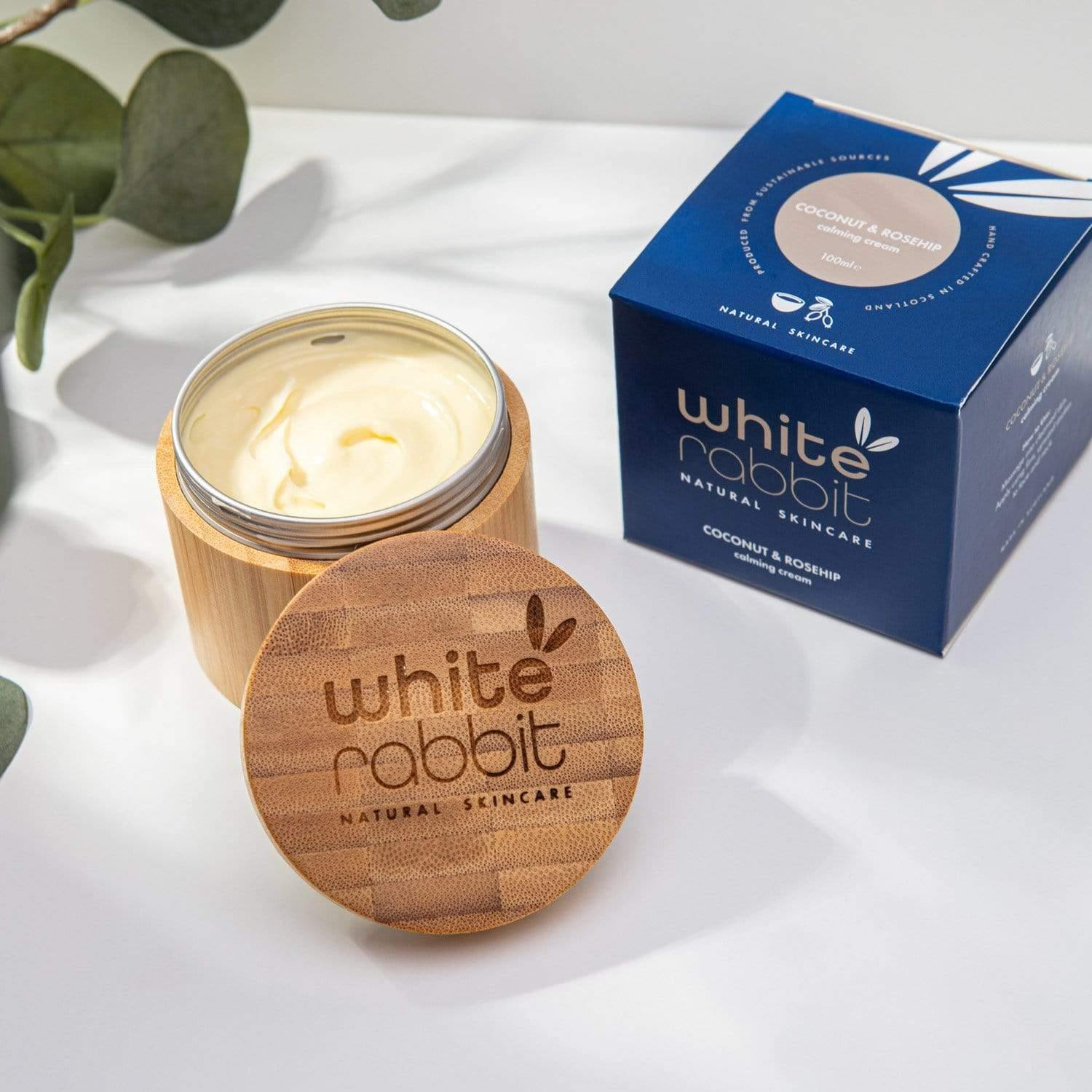Ok so you might ask what have Bees got to do with skincare, but in actual fact, they have a lot to do with nearly EVERYTHING on our planet!
Bees play an incredibly important part in pollination, particularly in agriculture. Cereal crops are wind pollinated, but virtually all fruit and vegetables are pollinated by insects; nearly entirely by bees. It has been estimated that one third of ALL the food we eat relies on pollination by bees, or 70 out of the 100 crop species that feed 90% of the population. If there were no bees, in the immediate short term you could expect an almost instant collapse of the apple, orange, chocolate, rapeseed and coffee industries. In the long term, we could lose plants that bees pollinate, the animals which eat those plants, and so on and so on further up the food chain, until the world may struggle to sustain it's 7 billion human population.
In the 21st century alone, two species of UK bee have become extinct, and their numbers are still declining at an alarming rate. In Britain this decline is thought to genially be caused by changes to the countryside (a loss of 97% of flower-rice grassland in favour of techniques which increased food productivity but which reduced the abundance of wildflowers), increased use of pesticides, and mites which feed on the bee's blood.
It would be easy to think bees are 'just' another insect, but by simply going about their business every day, they are helping to support entire eco-systems and species. Here's some facts which we found particularly interesting and astounding:
- Honey bees are assigned jobs in the hive based on their age: from day 1-2 they spend time cleaning cells, starting with the one in which they were born, and by Day 22 onwards they act as guards for the hive until they die at approximately 45 days old (apart from the Queen who can live up to 5 years).
- Bees know the world is round, and can calculate angles/distances (to their next flower stop, for example!)
- A colony of bees will fly 90,000 miles (or the equivalent of 3 times round the world) in order to produce 1kg of honey.
- Bees communicate with each other by dancing.
- Bees have oval brains which are the size of a sesame seed, but have amazing capacity for learning, remembering and carrying out complex calculations regarding distance and travel.
- A bee will visit between 50-100 flowers during a collection trip, and can fly as far as 6 miles, at speeds of up to 15mph!
How you can help:
- Buy organic produce where possible (after all, when you spend your cash, you cast a vote), and sign petitions or lobby your local MPs to campaign against the use of pesticides.
- Plant bee friendly flowers and herbs in your garden (or in pots or even window boxes!), such as lavender, sage, honeysuckle and sunflowers. Bees like densely packed plants together, to give them a good forage!
- Have a small basin of water (a bird bath is ideal) available at all times outside - being a bee is thirsty work, and the birds will appreciate it too!
- Create nest sites for bees in a secure shady area, such as piles of dried wood or a collection of canes. You can also buy pre made bee 'hotels', such as this. If you come across a bee nest, try not to disturb it. If you are really concerned about a nest or swarm, please contact a local beekeeper who will be able to advise you and relocate the nest safely.
- If you see a bee on the ground, providing it with an eggcup or similar of two teaspoons of white sugar with one teaspoon of water will give it that extra energy boost to get going again!
- Don't kill bees if they get in your home! Too often honey bees can look very like wasps, and sometimes they get swatted and killed before we realise the difference. Simply opening a window and guiding them out will help the bee get back on it's way.
- As a vegan company, we'd much rather people used vegan alternatives to honey (agave nectar for example), but if you really love it, please support local bee keepers, and avoid the big supermarkets. Even better: become a beekeeper yourself!
Useful links:
- http://www.bbc.co.uk/nature/life/European_honey_bee
- http://bumblebeeconservation.org
- http://www.bbka.org.uk
Let's actively work together to save these small but mighty workers, and help our planet earth flourish and bloom for centuries to come.
Team White Rabbit xx



